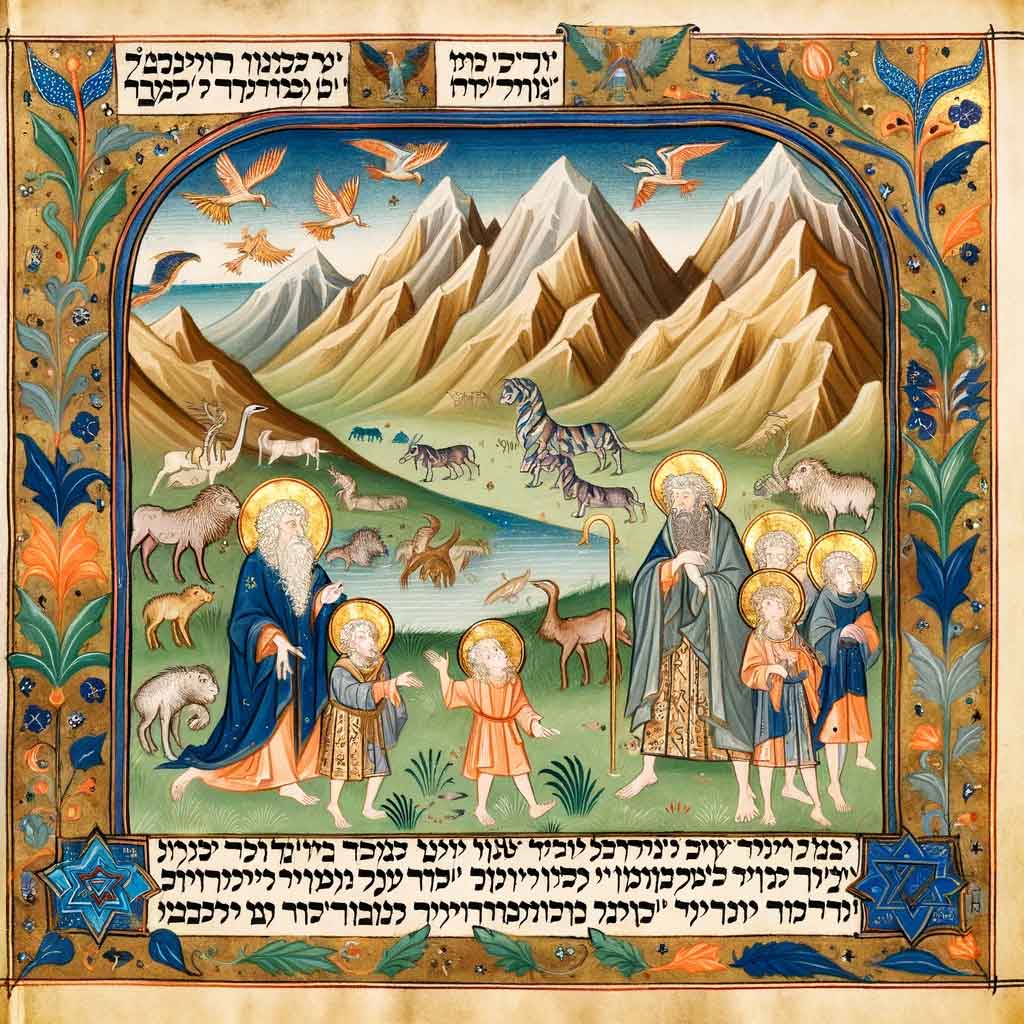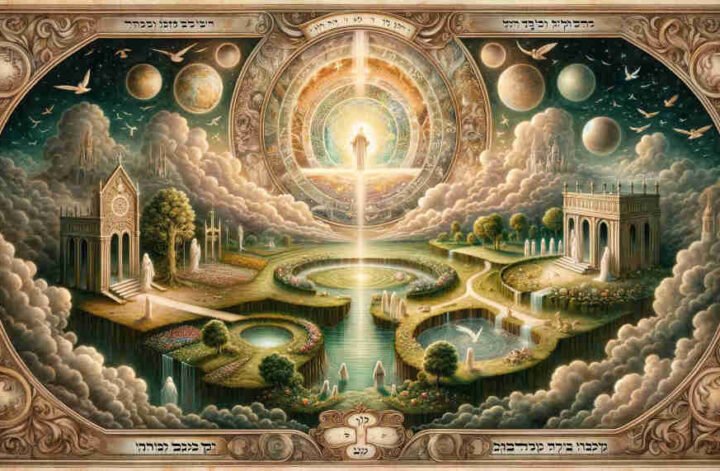Email from a reader: “Dear Rabbi Joshua, In the context of Judaism, are Jews required to love gentiles in foreign lands who obey the Noahide Laws? I am keen to understand the Jewish stance on this matter. Thank you, Mike”
Dear Mike,
Your question touches on the broader themes of love, respect, and the ethical treatment of others in Jewish thought. Let us explore the Jewish perspective on this significant subject.
Jewish Teachings on Love and Respect:
In Judaism, the commandment to love others is a fundamental principle. Leviticus 19:18 instructs, “You shall love your neighbor as yourself,” which is a cornerstone of Jewish ethics. This commandment is generally understood to apply to all people, not just fellow Jews.
Furthermore, the Torah emphasizes the importance of treating non-Jews with fairness and respect. In Exodus 22:21 and Leviticus 19:34, for instance, there are explicit commands not to wrong or oppress a stranger, for the Israelites were strangers in the land of Egypt.
Regarding Gentiles Who Obey the Noahide Laws:
Gentiles who adhere to the Noahide Laws demonstrate a commitment to ethical and moral living in line with principles valued in Judaism. Jewish tradition respects and honors this commitment. While the specific commandment to “love your neighbor” was initially understood within the context of the Jewish community, the broader ethical teachings of Judaism advocate for respect, kindness, and fair treatment of all people, including gentiles who observe the Noahide Laws.
The respect for those who follow the Noahide Laws is not merely a tolerance of different practices but an acknowledgment of shared values and a pursuit of righteousness and ethical behavior.
Practical Implications:
In practical terms, this means fostering positive relationships, engaging in acts of kindness, and showing respect towards gentiles who live by these ethical standards. It’s a recognition of the common pursuit of a just and moral society, transcending geographical and religious boundaries.
Mike, in conclusion, while the commandment to love is deeply rooted in the Jewish relationship with fellow Jews, the principles of love, respect, and kindness extend to all who uphold moral and ethical values, including gentiles who obey the Noahide Laws. This approach is consistent with Judaism’s universal call for justice, peace, and ethical conduct among all people.
Warm regards,
Rabbi Joshua


